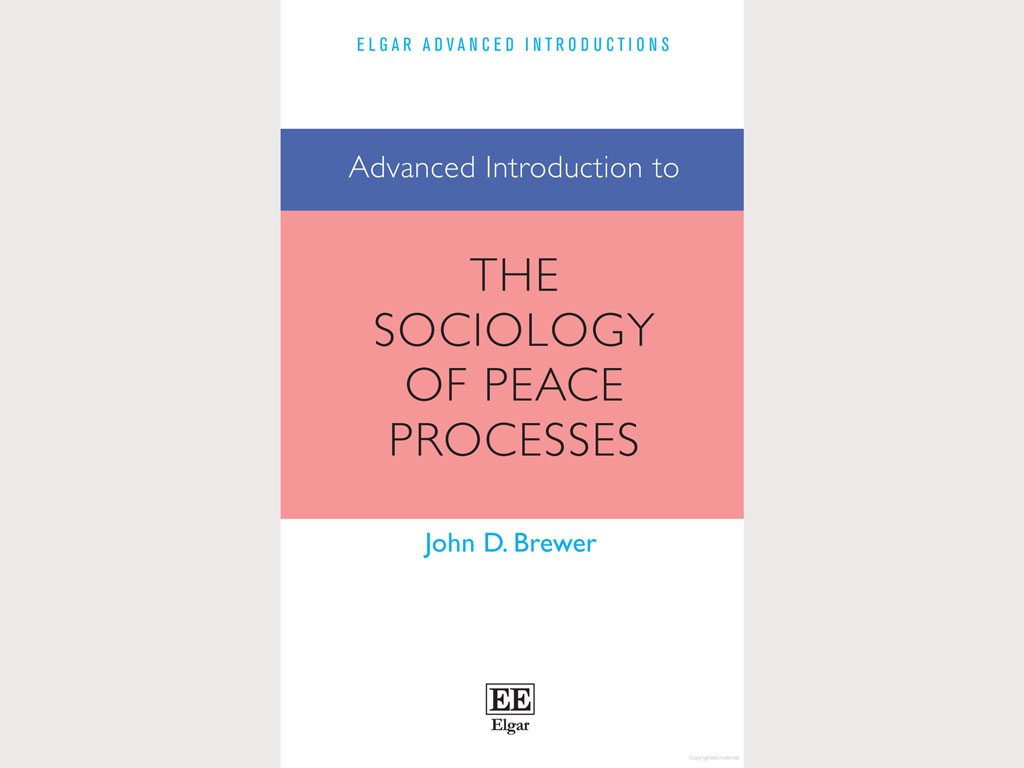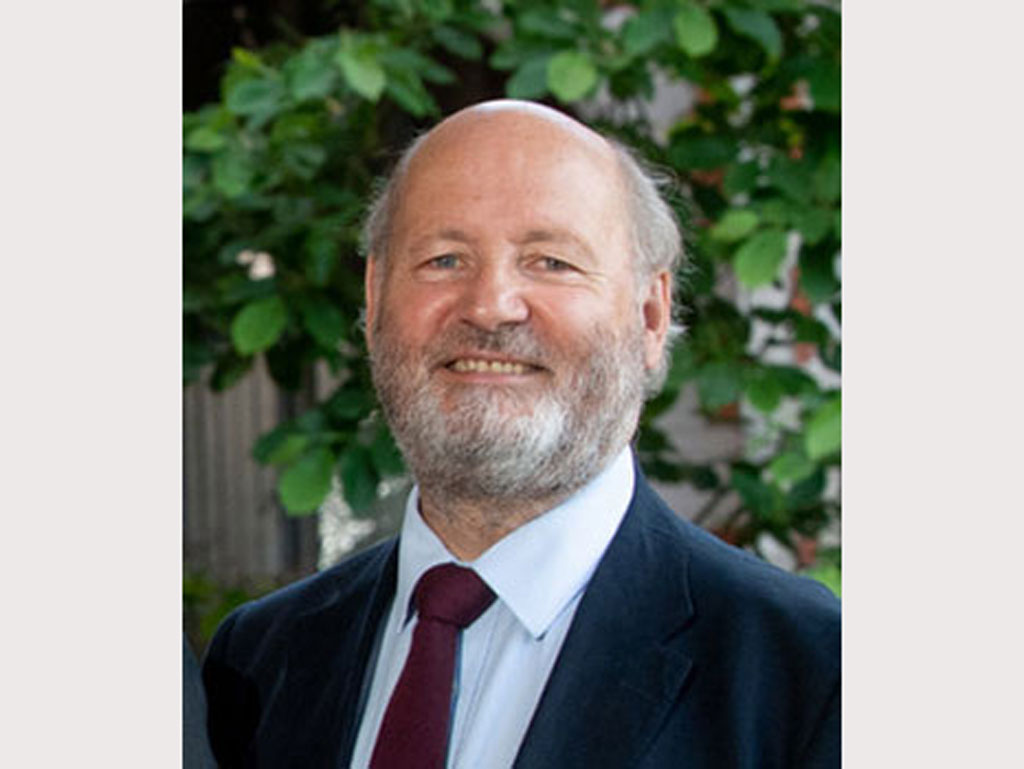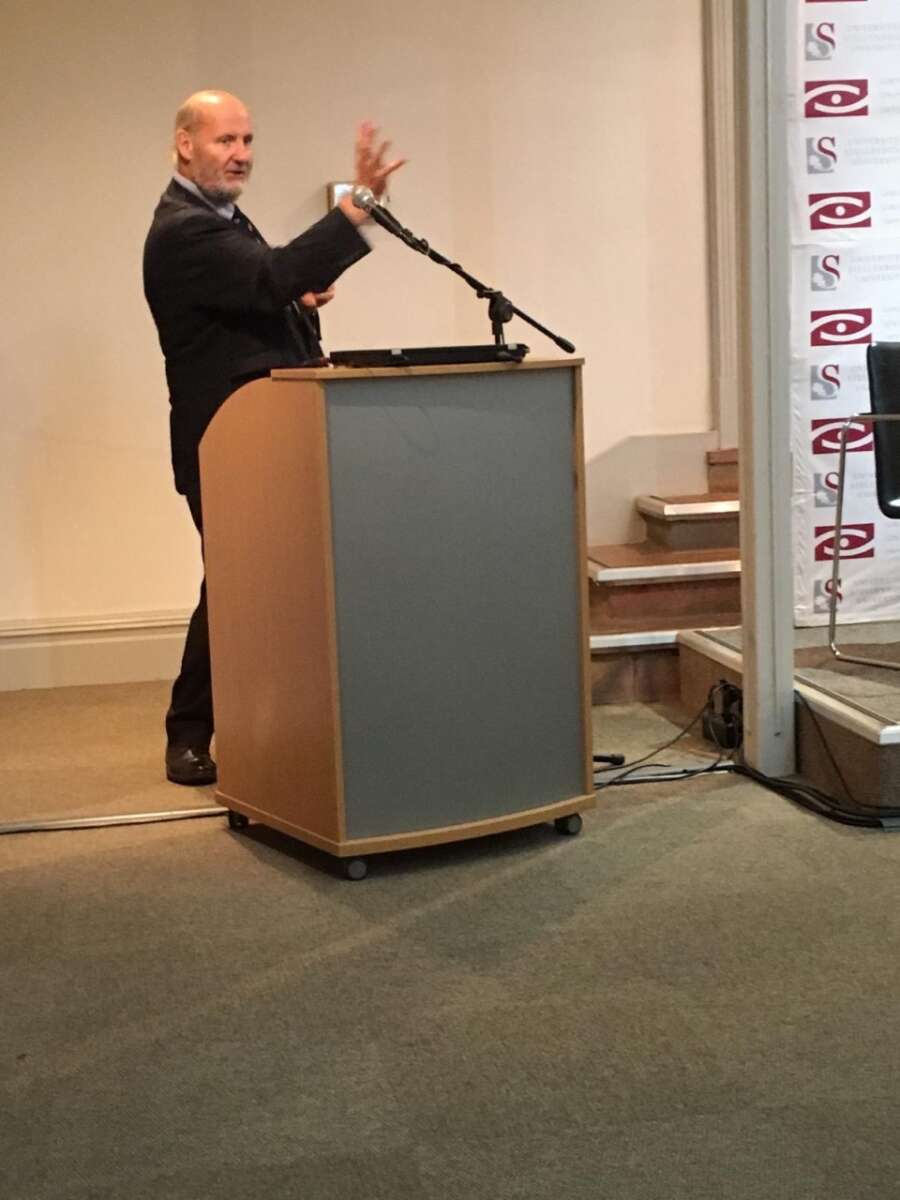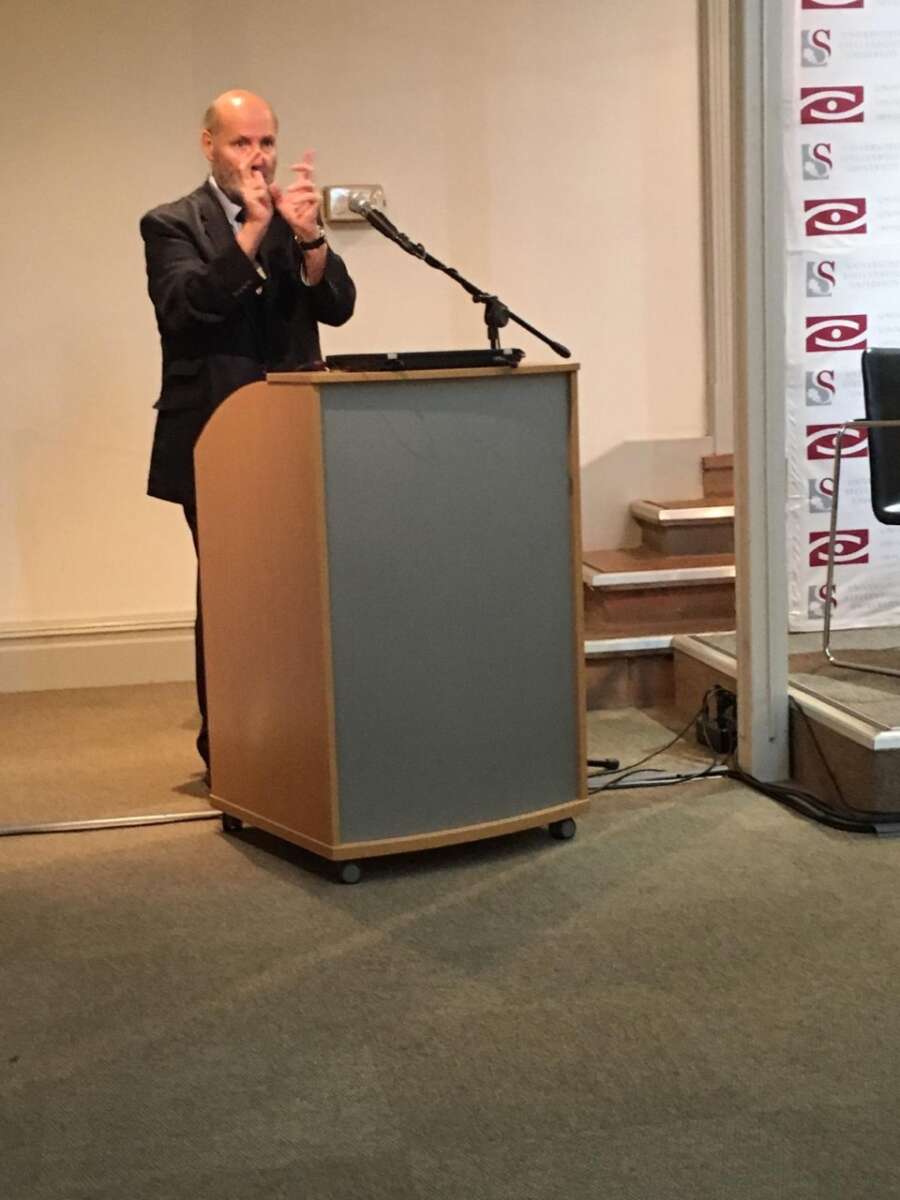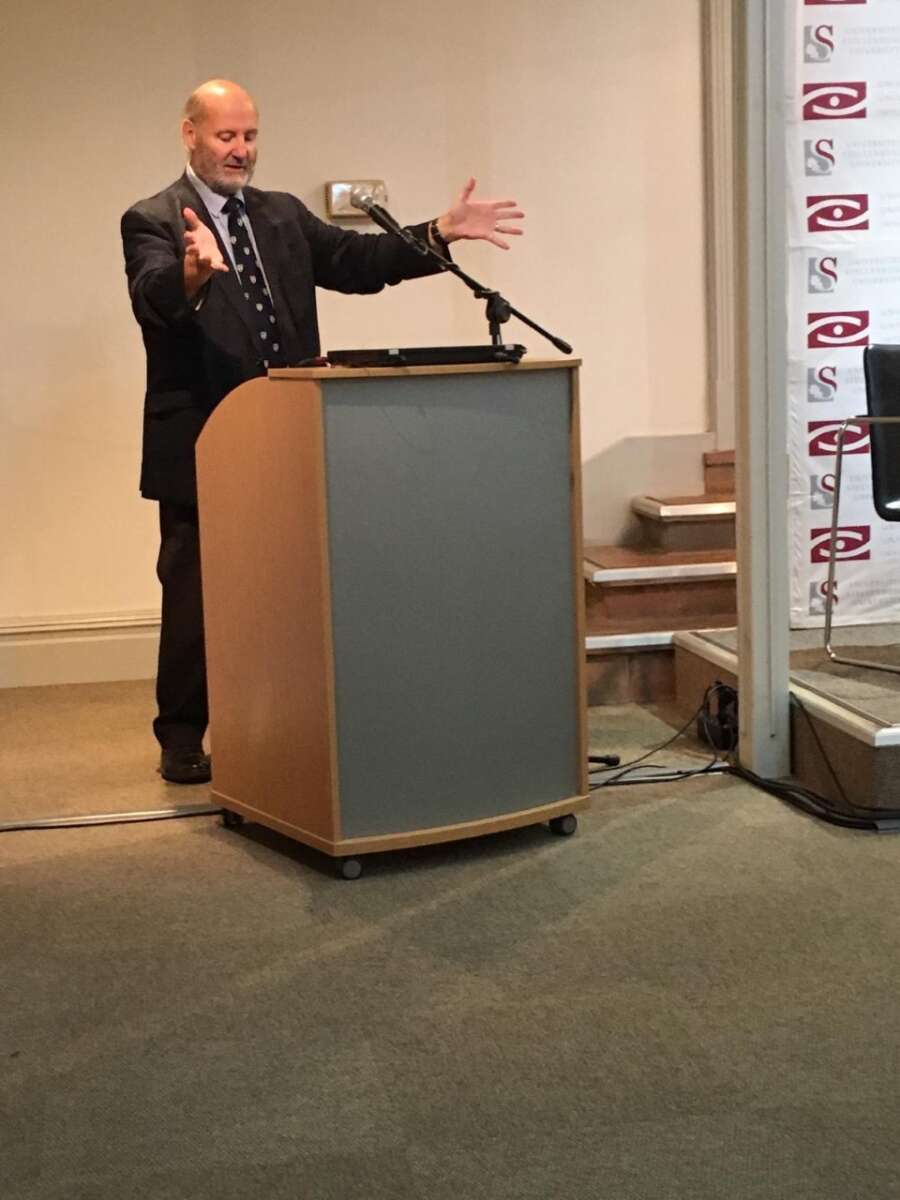Advanced Introduction to the Sociology of Peace Processes
This Advanced Introduction establishes the study of peace processes as part of the mainstream of sociology, a position consistent with the new moral re-enchantment of the social sciences. It advances a sociological view of peace that goes beyond vague notions of reconciliation, to constitute the restoration of moral sensibility, from which flows social solidarity, sociability and social justice. ese concepts form the basis for a moral framework outlining what peace means sociologically.
About the author
John Brewer is Professor of Post Conflict Studies in the Senator George J Mitchell Institute for Global Peace, Security and Justice at Queen’s University Belfast. He was awarded an Honorary DSocSci from Brunel University and is a Member of the Royal Irish Academy, a Fellow of the Royal Society of Edinburgh, a Fellow in the Academy of Social Sciences and a Fellow of the Royal Society of Arts. He has held visiting appointments at Yale University, St John’s College Oxford, Corpus Christi College Cambridge and the Australia National University. He has been President of the British Sociological Association. He is Honorary Professor Extraordinary at Stellenbosch University and is a member of the United Nations Roster of Global Experts. He is the author or co-author of sixteen books and editor or co-editor of a further six.
Publication details
Publisher: Edward Elgar Publishing Ltd. | 2022 | Paperback| ISBN- 978 1 83910 740 5| Hardback| ISBN- 978 1 83910 738 2
Reviews
‘John Brewer provides a comprehensive and insightful introduction to peace processes, bringing the consideration of war, violence and peace into the mainstream of sociological thought where it belongs. is a major contribution to both central theoretical debates on order and conflict and empirical studies of the resolution and governance of violent conflicts. e book raises crucial issues of truth, justice, and reconciliation and highlights the responsibility of sociologists to contribute to these issues. It will stand as a landmark in the discussion of this central political issue of our times.’ – John Scott CBE, Plymouth University, UK
‘World peace and healing is hardly on the verge of breaking out, but Brewer draws on a lifetime of theorizing and empirical research to offer both an introduction as well as way forward for a sociology of peace. Well known for empirical research on post conflict societies such as Northern Ireland, South Africa and Sri Lanka, Brewer has developed a theoretical language and a research agenda for studying peace-making in a broader frame, in everyday life, in movements for social change, policy proposals and education. He does all this with an eye towards a long-distance sociological marathon for social transformation in a world at peace. North and Southern American sociologists could usefully build on Brewer’s insights and framework to think about how to address the legacy of settler-colonialism, slavery and market fundamentalism that are either fraying or tearing apart our nations. e book is nuanced, open to diverse views and free of both the scolding and self-righteous tone and positivist scientific pretension that infects too much of our social science. Brewer offers a normative public social science with a moral sensibility that can help bypass irresponsible politicians and polarizing activists and social media
logics to help map out roads forward toward true reconciliation, rooted in truth, justice, compromise and the most humane emotions of forgiveness, trust and hope.’ – Neil McLaughlin, McMaster University, Canada
‘This book provides the reader with a thorough understanding of the important role sociology can play in understanding the transformational nature of peace, compromise and reconciliation. e book provides an engaging and critical analysis of the role of peace, war and violence and alerts us to the moral, philosophical and political economy debates in the discussion of transitional justice, (dis)order and peace. It would be remiss not to commend Brewer for calling the State to not only be accountable to the casualties of war but the importance of addressing structural inequalities. this book provides the reader with new ways of understanding the aftermath of conflict and the importance of addressing injustices in order to bring about a lasting peace. Martin Luther King Jr in the book Stride Toward Freedom wrote that “true peace is not merely the absence of tension: is the presence of justice”. is book will be an influential text in which its reach will inform our understandings of peace processes. is book should be
required reading for everyone concerned with issues of peace and social justice. It has a global appeal for students, academics, human rights activists who are navigating the emotional landscape of people living through and after conflict.’ – Azrini Wahidin, Warwick University, UK
